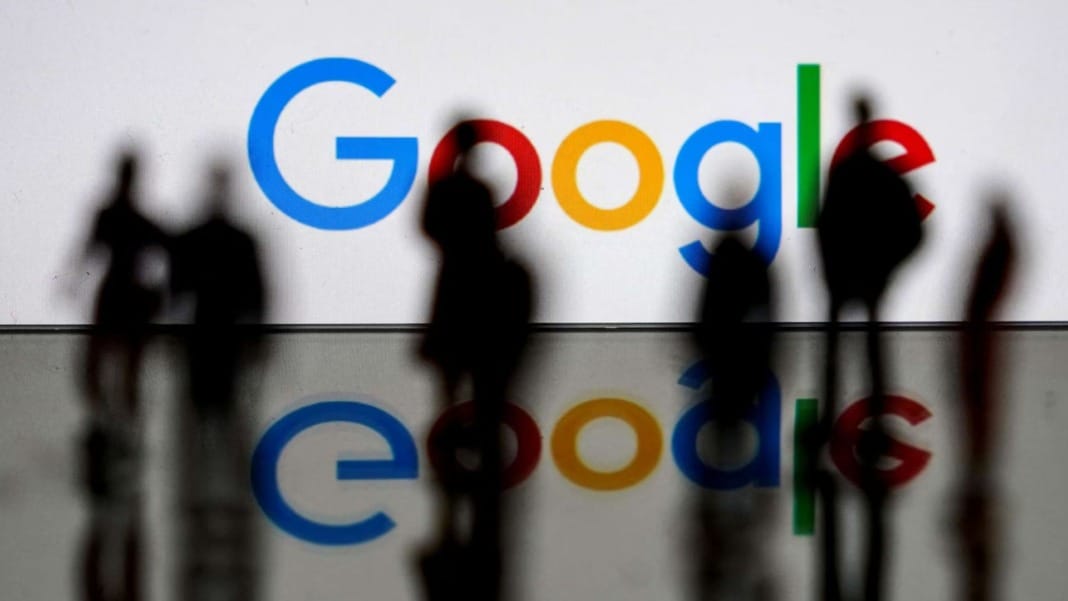The UK’s Competition and Markets Authority (CMA) has kicked off 2025 with its first official investigation under newly implemented rules. This probe centres on Google’s dominance in search, its emerging AI search innovations, and its extensive search advertising business. The investigation aims to determine whether the tech giant’s practices stifle competition and what measures could level the playing field.
The public and interested parties have until February 3 to provide feedback.
CMA targets Google’s overwhelming market share
Google commands over 90% of general search queries in the UK, making it an obvious target for this investigation. Around 200,000 businesses rely on Google’s advertising platform, further cementing its market dominance.
The CMA’s Chief Executive, Sarah Cardell, emphasised ensuring fair competition. “Millions of people and businesses across the UK depend on Google’s search and advertising services. These services must offer choice, innovation, and a fair deal for all. This includes how consumer data is collected and stored. A level playing field is essential for businesses, whether they are rival search engines, advertisers, or news organisations,” she said.
The CMA’s investigation will assess whether Google’s search business qualifies for “strategic market status” (SMS). This designation would allow the authority to impose conduct requirements or propose interventions to improve competition for UK consumers and businesses.
Key focus areas of the investigation
The CMA plans to examine three main concerns:
- Barriers to competition and innovation
- The investigation will explore whether Google’s dominance limits competition and stifles innovation in search. While competition remains weak, with few viable alternatives to Google, AI-based services such as ChatGPT are emerging as potential disruptors.
- Favouritism in services
- Google’s practices, including prioritising its services in advertising and AI, will come under scrutiny.
- Data use and consent
- The CMA will investigate how Google collects and uses consumer data, particularly focusing on consent and the use of content from intellectual property owners and publishers.
The investigation could lead to significant outcomes, ranging from business break-up proposals to remedies such as unbundling Google’s integrated search services or allowing more competitors to access advertising and search results.
AI’s role in search and the competition
The CMA’s announcement comes as Google faces growing pressure from AI-driven competitors like ChatGPT and Perplexity. These services offer users directly generated answers instead of traditional search result lists, presenting an entirely new online search method.
Google has responded by developing its own AI solution, Gemini, and integrating generative AI into its search results. However, the CMA could require Google to open this space to other generative AI providers, ensuring fair competition.
The CMA highlighted the economic implications of effective competition, suggesting it could lower search advertising costs, potentially saving UK households nearly £500 per year.
With another Big Tech investigation promised this month, the CMA is signalling a strong stance on ensuring fair competition and innovation in the digital landscape.





